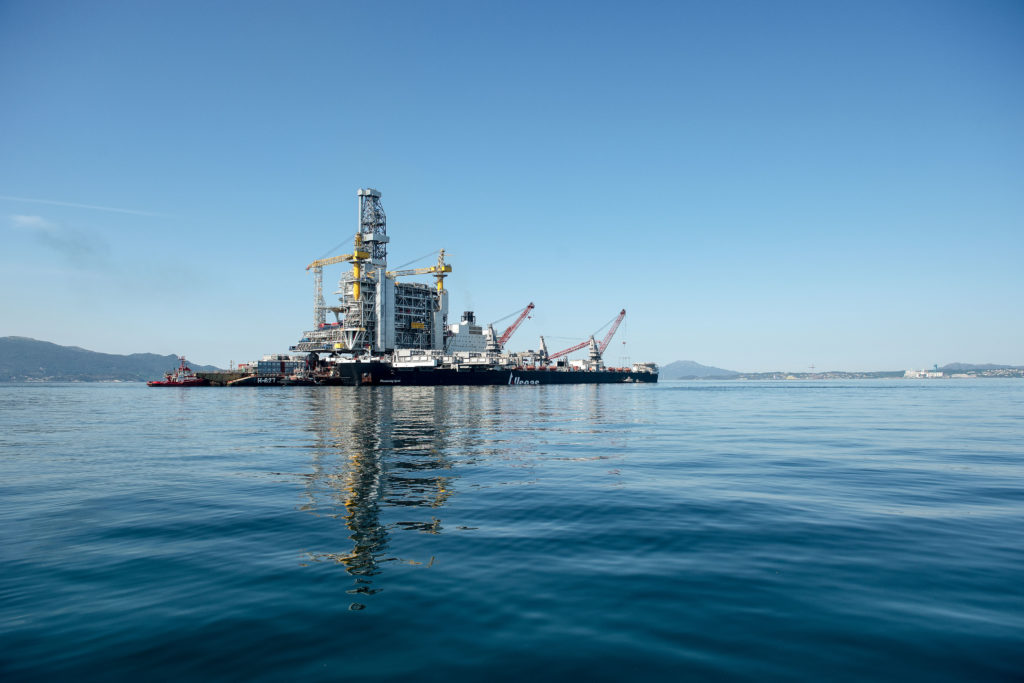
The global oil and gas sector will see “virtually no new oil fields” sanctioned in the 2030s, according to an analysis by financial specialists Carbon Tracker.
Under the new scenario, oil demand is set to fall by around 2.5% a year so oil fields will naturally decline by a rate averaging 4.5%.
Carbon Tracker has also identified that, due to the growing decarbonisation trend, it is expected that gas will be more resilient than oil as the sector approaches 2030.
Andrew Grant, head of oil, gas and mining at Carbon Tracker, said: “You still have a fair amount of liquids being produced from gas fields so that offsets the difference.
“In terms of pure oil fields going ahead, the need for them is actually very slim indeed – but in reality of course there’s all sorts of moving factors and things like decline rates will vary depending on particular market conditions, so there may be space for one of two sanctions, but it will be a very big change in dynamics from where we are at the moment.”
The new Handbrake Turn report seeks to understand and anticipate the effect on the oil and gas sector of climate change and create a policy response.
The report claims that in contrast to many “business as usual” scenarios that attempt to understand the future market from the way it has previously operated, the new policy response believes policy makers will act strongly on climate by 2025.
But the report notes that, as oil falls, it does not mean no capital expenditure at all on oil fields post-2030.
Mr Grant said: “The scenario that we looked at – provided by the UN Principals for Responsible Investment (PRI) – looks at a world where the planet continues as business as usual with more and more fossil fuels being used until 2025.
“At which point government get their act together and belatedly act forcefully on climate.
“So because you’ve got quite a lot of oil and gas going ahead from that initial period where demand is continuing to grow and producers are receiving those investment signals you have a lot left over that leads to decline afterwards.
“Will oil demand go to zero? Probably not because there will be non-combustion uses of oil, such as plastics.
“But generally speaking, it’s a significant reduction in oil demand.”
Recommended for you
